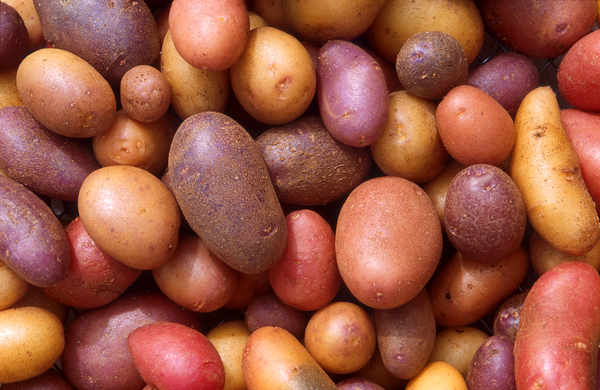Taiwan’s agriculture authorities say they’re prepared to implement controls to prevent the possible import of U.S. genetically modified (GMO) potatoes from affecting domestic growers.
Taiwan’s Council of Agriculture (COA) said it would monitor future imports and call for proper labeling of foreign GMO potatoes. If approved for import, the GMO potatoes would be used in potato chips, french fries and other processed food products.
Su Mao-hsing, deputy director of the COA’s Agriculture and Food Agency, said local terrain was not suitable for growing potatoes and that Taiwan relied heavily on imports, with domestic producers accounting for only 30 per cent of the market.
The government currently allows five types of GMO products to be imported: soybeans, corn, cotton, rapeseed and sugar beets.
Fang Yi-tan, chief of the Agriculture and Food Agency’s Crop Production Section, said the government had established a special committee to review the food safety of GMO products. However, she said, the COA had not been invited to review the current application.
If foreign GMO potatoes were approved, Fang said, she would hope that the Taiwan Ministry of Health and Welfare would ensure – through labelling practices and other mechanisms – that consumers would be able to clearly identify the origin and GMO nature of these products, thereby giving domestic growers a chance to survive.
The process however is not without concern. Wu Kuen-yuh, a ruling party legislator who once served at the National Taiwan University College of Public Health, published findings indicating that the long-term consumption of acrylamide, a compound found in starchy foods such as potato chips, can cause genetic defects and raise the risk of cancer.
Source: The China Post











